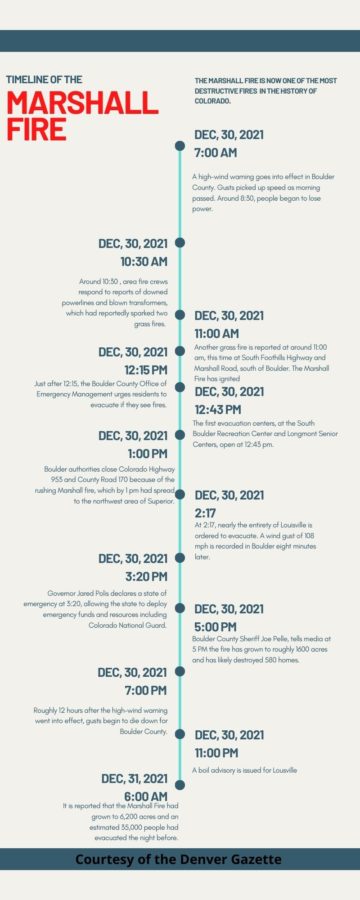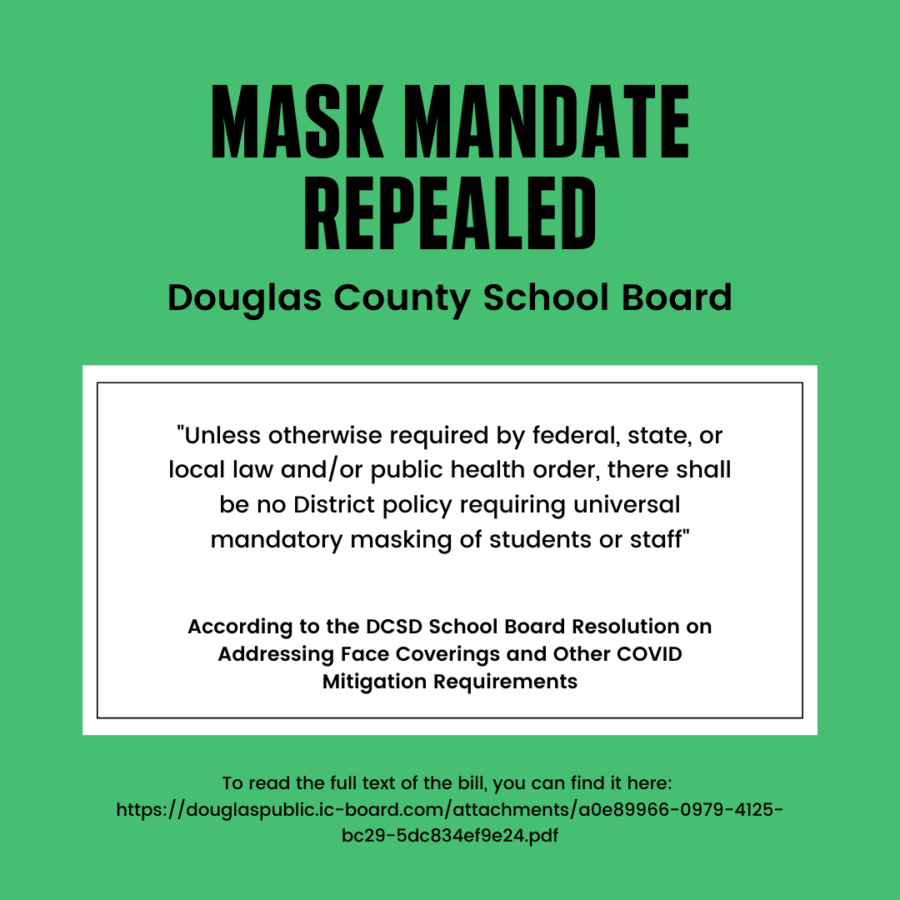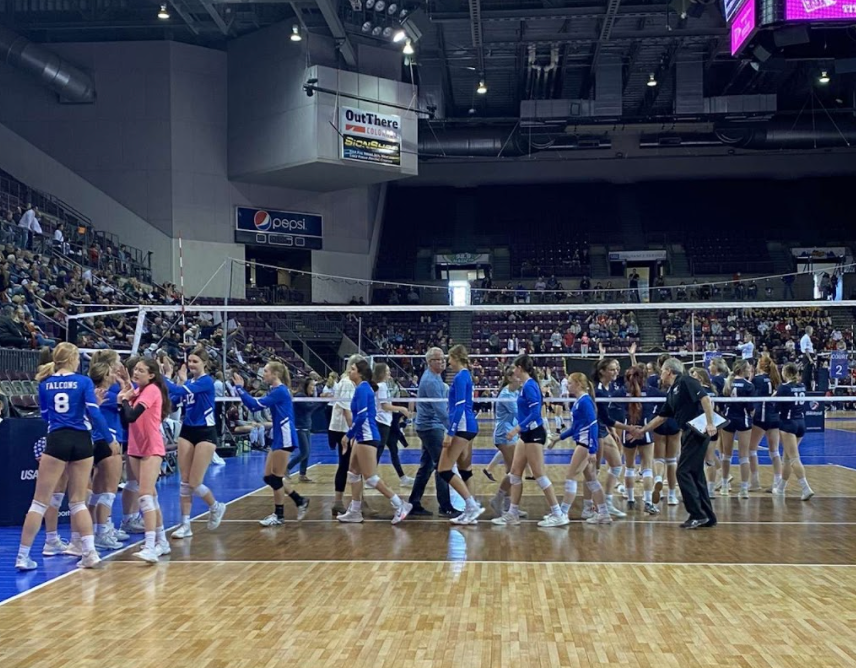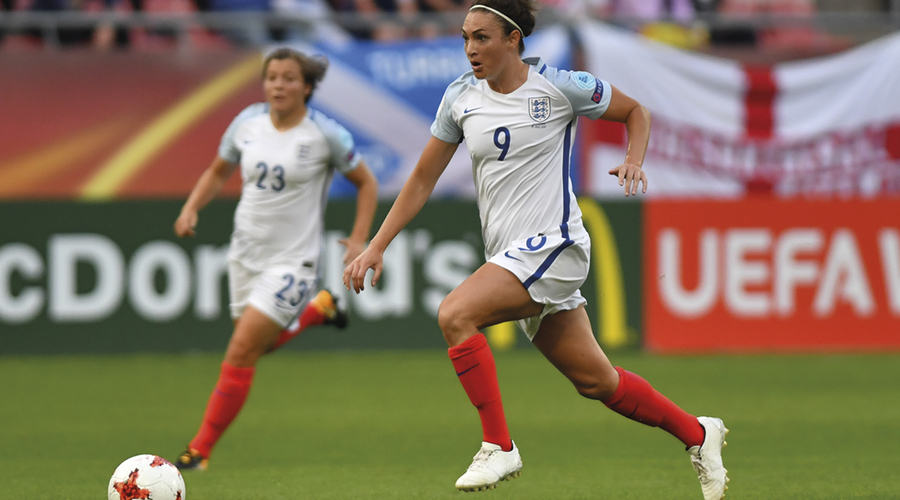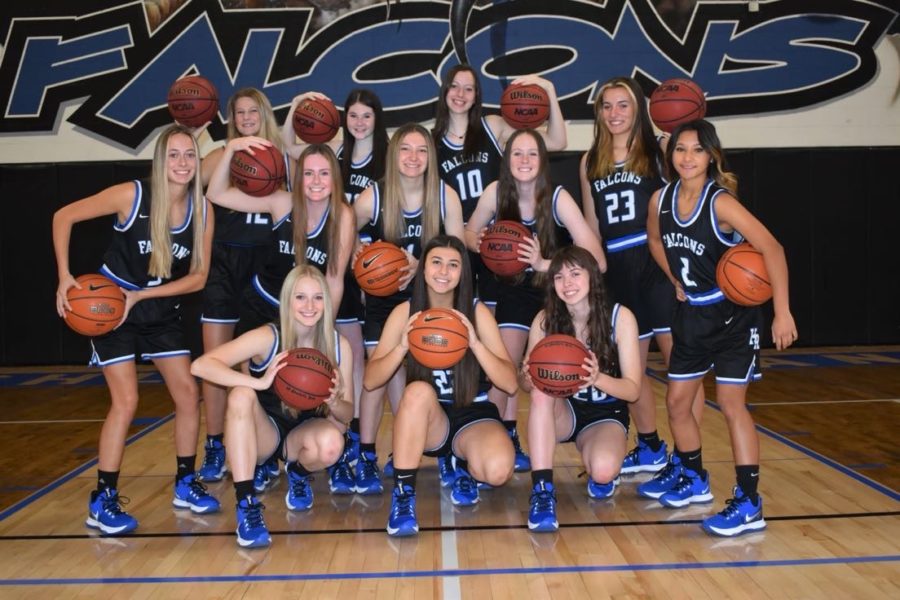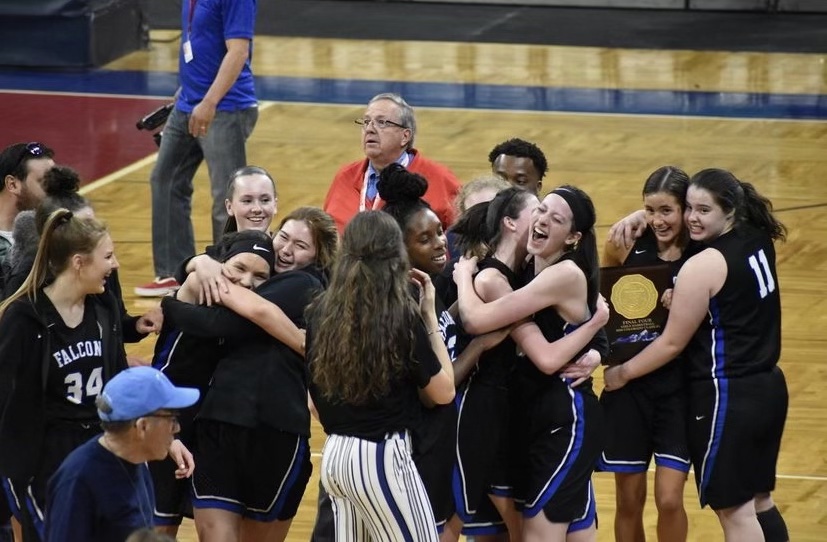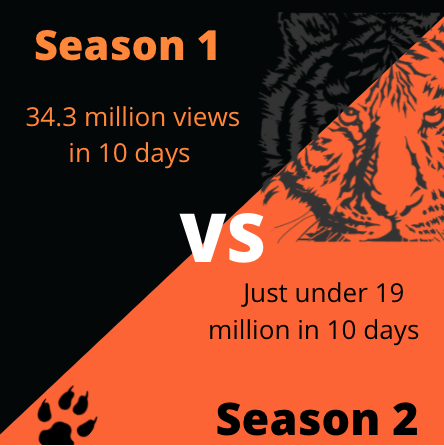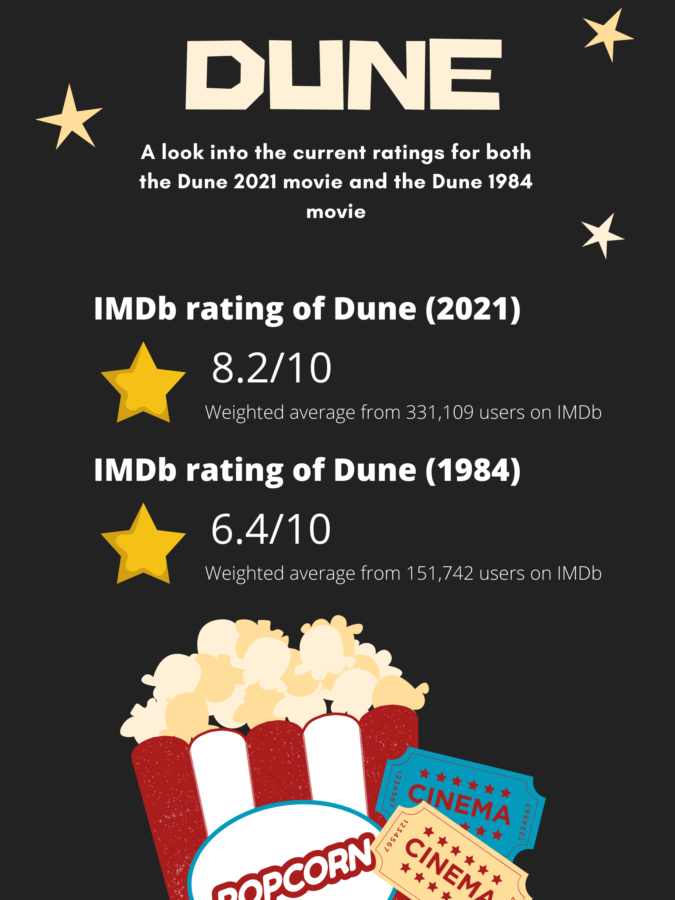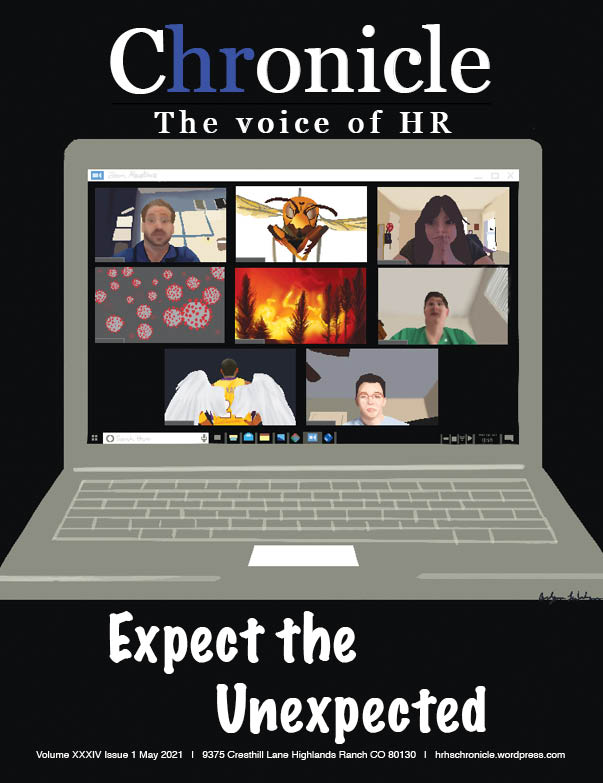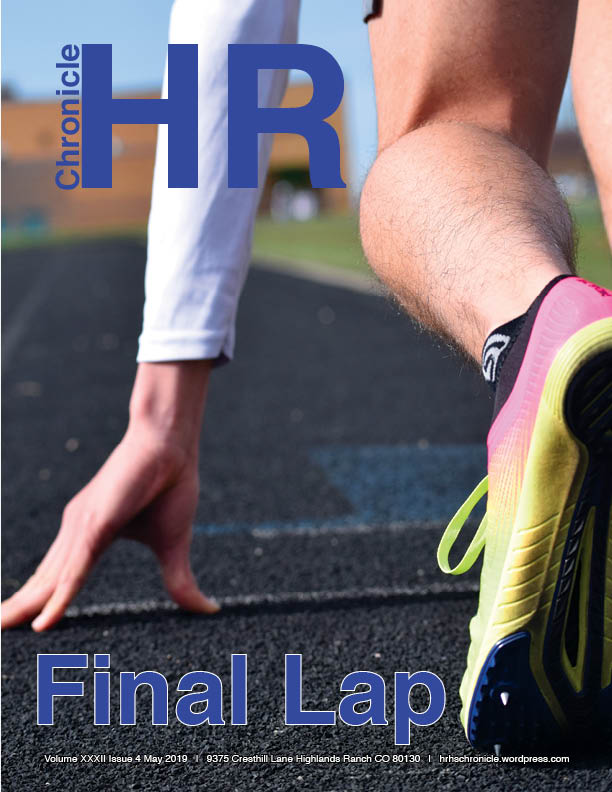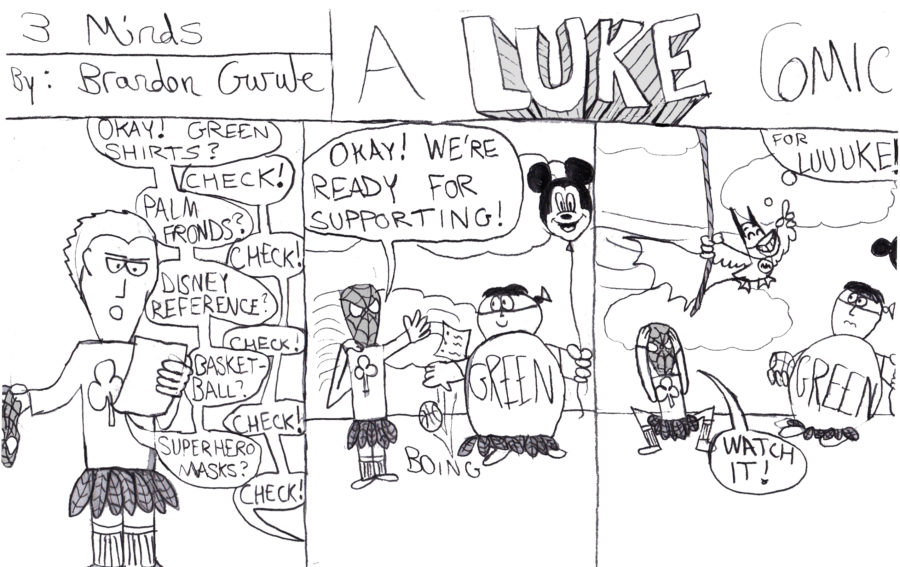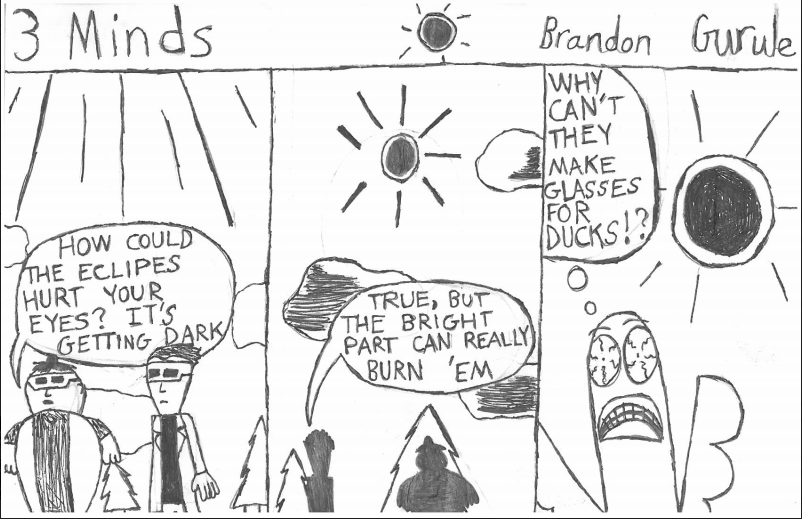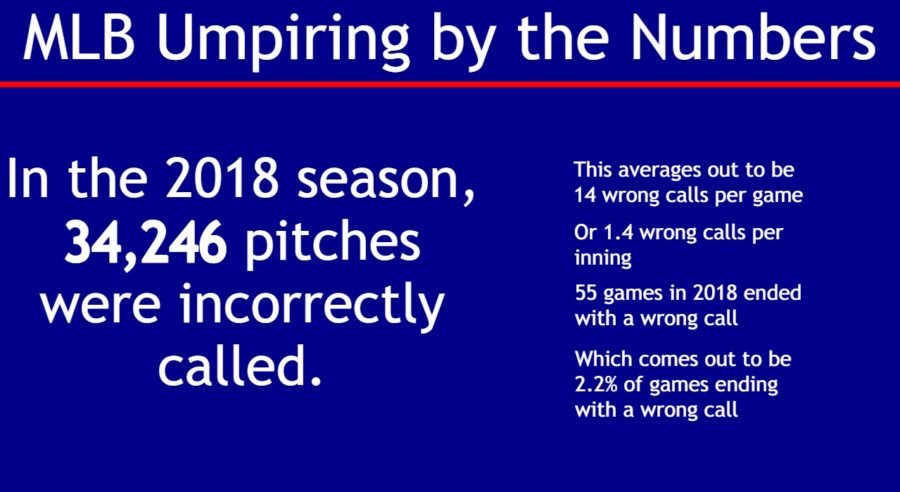On March 23, 2021, NHL Referee Tim Peel called a penalty on the Nashville Predators in the second period. A few minutes later, Peel was caught on a hot mic talking about the penalty he called on the Predators. “It wasn’t much, but I wanted to get a f*****’ penalty against Nashville early in the…” said Peel, as the TV cut away to a commercial break.
Shortly after, that clip was posted to Twitter by a fan and it went viral. The day after Peel’s hot mic, the NHL announced that Peel would “no longer will be working NHL games now or in the future,” according to the NHL News Release.
This incident brings up a major question about officiating: why did Peel call that penalty if it wasn’t really a penalty? As fans, we want the officials of any sport to uphold the rulebook, especially if it seems like our team is being unfairly treated. But everyone knows that perfection at anything, especially in the realm of officiating, is not humanly possible. The officials are going to miss calls every now and then, and that’s just an unfortunate part of sports. So how do we make sure games are called fairly?
One of the best ways to ensure fair officiating would be through implementing new technology. For example, in baseball, automatic strike zones are being implemented and used in the minor leagues. According to Fox News, “Major League Baseball plans to use Automated Ball-Strike technology (ABS) in eight of nine ballparks at the Low-A Southeast League, which starts play May 4 across Florida as minor league baseball resumes after a one-year break caused by the coronavirus pandemic.”
This takes all the human error out of sports. According to a Boston University study, MLB umpires incorrectly called tens of thousands of pitches in the 2018 season. So the shift to robots, robots would just be more accurate and precise, and would tend to get the call correct more often than a human official. Right? Well, not exactly. The three problems with technology is how precise it is, the delay it causes, and the fact that a computer just can’t make judgement calls.

The problem with the Automated Ball-Strike technology is that anything that barely clips the strike zone is called a strike, even if it hits the ground or just barely got in below the shoulder at the very back of the plate. It is a strike according to the rules, but how is a hitter ever going to stand a chance against that? Precision is what we want in officiating, but to this extent, it’s way too much. Plus, the delay from calculation to the umpire actually relaying the call from the computer, while it only may take an extra second or two per pitch, seriously adds up over time. Since MLB is actively trying to shorten baseball games year after year, this delay (and the precision that comes with it) might be disastrous to implement.
The other problem is judgement calls. For example, according to the NFL rule book, “It is pass interference by either team when any act by a player more than one yard beyond the line of scrimmage significantly hinders an eligible player’s opportunity to catch the ball.” There is no way to break “significantly hinders” down into numbers or code; that call has to be made by a human official, through their own interpretation of the rule. They can use the computer to do video reviews, challenges, etc., but at the end of the day, that call can only be made by a human. So, we can’t just replace officials with technology, what’s the best solution?
The best solution for officials is to set a standard and stick with it. Officials need to quickly establish what they will and will not call penalties during the game. For example, in the NFL, a referee needs to establish early on what constitutes pass interference. Will the referee allow more pushing and physical play, or will one push be enough for a penalty? Setting a standard is the best compromise because it makes it easier for the officials, and it’s also fair because the same standard is being applied to both teams all game.
Officials physically can’t enforce all of the rules as they are written in the rule book, but they shouldn’t make up calls from thin air either. Setting a standard through the way officials call penalties makes it easier for the officials to officiate, and for the players and coaches to play without the worry of bogus penalties. It would be even better if the refs set this standard not through the first plays of the game, but this standard should be set during their pre-game discussion with coaches. That way, everyone knows what’s going to be allowed. Setting a standard, while it’s not perfect, may just be the most practical way for officials to officiate.
Anthony Kargoll, Podcast Editor


